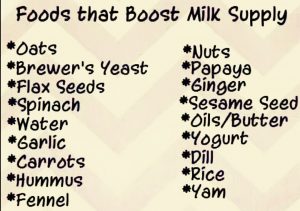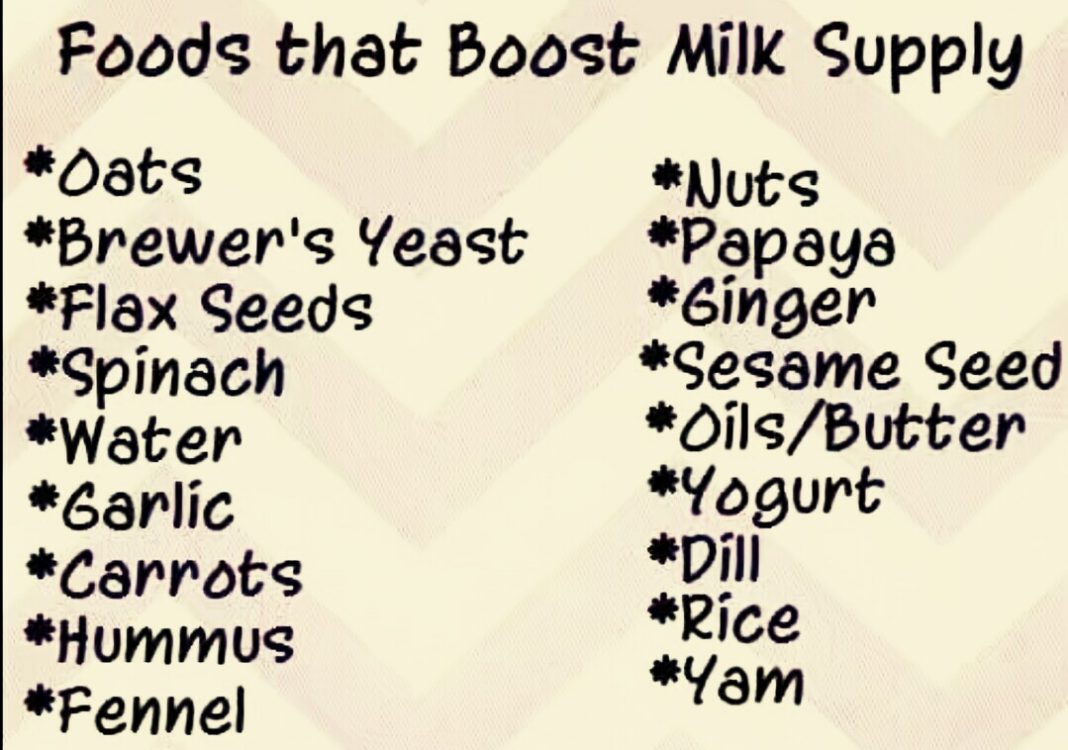Kenyan foods that increase breast milk, Menu for breastfeeding mothers in Kenya, African foods that increase breast milk.
Many breastfeeding mothers wonder if the foods they eat will affect their breast milk.
Perhaps you’ve wondered if it is necessary to avoid certain foods to prevent digestive problems or allergies in your baby. Or maybe you wonder if you need to eat special foods to make the right amount of milk or the best quality milk for your baby.
The good news is that your milk will probably be just right for your baby regardless of what you eat. Your body knows exactly what nutrition your baby needs at every stage of development.
Use the following tips to help plan your diet.
What to eat
1. Include protein foods 2-3 times per day such as meat, poultry, fish, eggs, dairy, beans, nuts and seeds.
2. Eat three servings of vegetables, including dark green and yellow vegetables per day.
Eat two servings of fruit per day.
3. Include whole grains such as whole wheat breads, pasta, cereal and oatmeal in your daily diet.
4. Drink water to satisfy your thirst. Many women find they are thirsty while breastfeeding; however, forcing yourself to drink fluids does not increase your supply.
5. Dietary restrictions from pregnancy do not apply to breastfeeding moms.
6. Vegetarian diets can be compatible with breastfeeding. If you avoid meat, make sure you eat other sources of iron and zinc such as dried beans, dried fruit, nuts, seeds and dairy. If you avoid all animal products (vegan diet) you will need to take a B12 supplement to make sure your baby does not develop a B12 deficiency.

How much to eat
Breastfeeding requires extra calories. If you still have baby weight from your pregnancy, these extra calories will naturally be used for your milk. If you have lost all your baby weight, you may need to eat an extra 500-600 calories per day. After your baby starts eating other foods at 6 months, you will be making less milk and you can cut back on your calorie intake.
Allergies in baby
In rare cases a breastfeeding baby may develop a food allergy to foods the mother is eating. The most common symptoms are green, mucus-like and blood-specked stools. Colic and reflux are not usually caused by food allergies.
The most common foods that cause allergies are dairy products, soy products, wheat and eggs. Less common foods that cause allergies include fish, nuts, peanuts or corn. A baby could develop an allergy to any food you eat.
Keeping a food diary of symptoms along with what you eat might help you know which foods are causing the problem. As long as your baby is gaining weight and not anemic, the allergy is not going to cause any long-term problems. You do not need to stop breastfeeding.
Removing the suspected foods from your diet by carefully reading all food labels should solve the problem but it may take 4-6 weeks for the infant’s symptoms to resolve. A visit with a registered dietitian experienced with food allergies may help you plan your diet.
Source: Victor Chef for www.nimedhealth.com.ng




















